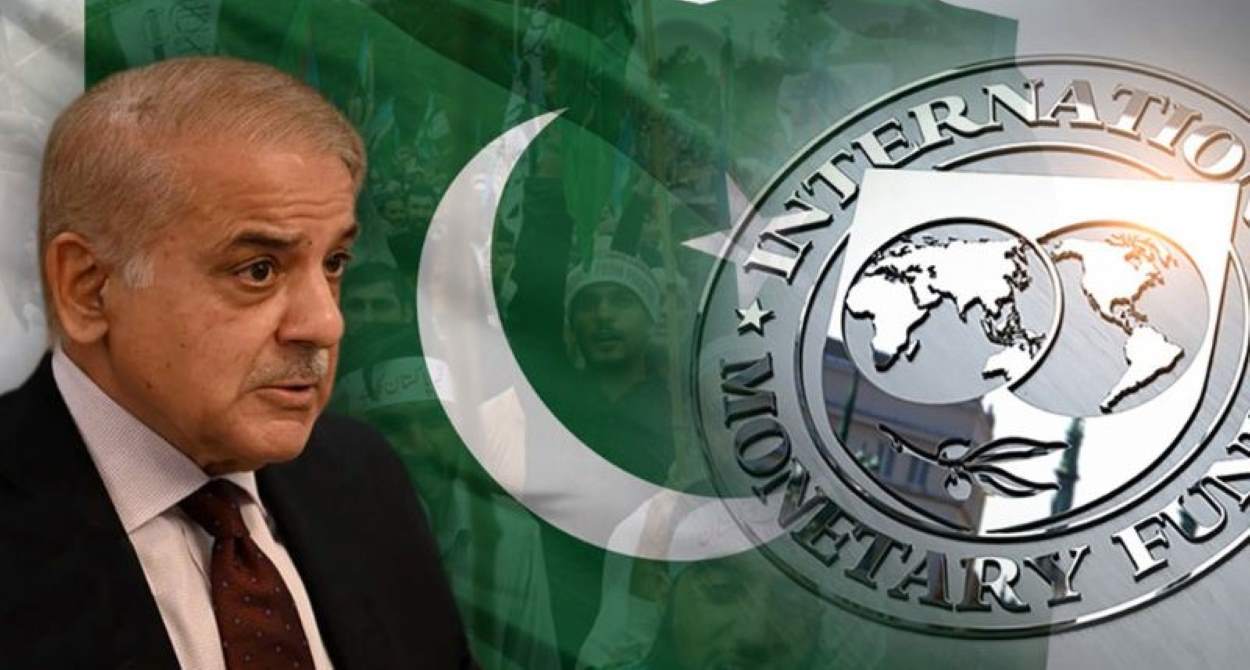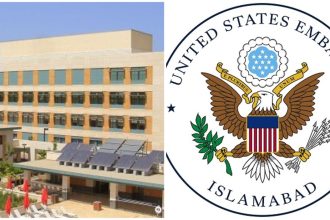Recent developments have cast uncertainty over the disbursement of a $1.2 billion Saudi Oil Facility (SOF), crucial for Pakistan’s $7 billion IMF-approved bailout. The International Monetary Fund (IMF) has expressed concerns that Saudi Arabia may link this financial aid to progress on the Reko Diq project, which could delay the funds. An imminent visit from the Saudi Fund for Development (SFD) aims to address these issues.
Amid this uncertainty, sources close to the Prime Minister’s Office hint at a contingency plan that excludes the SOF, though specifics remain undisclosed.
Pakistan has failed to meet a crucial IMF Structural Benchmark regarding the Agriculture Income Tax (AIT) amendment by October 2024 despite provincial cabinets’ approvals. This shortfall might compel Pakistan to request a waiver from the IMF’s Executive Board for this delay.
Read: IMF Considers Quarterly Reviews for Pakistan’s $7 Billion Bailout
The IMF has highlighted a potential $2.6 billion risk in securing external financing for the current fiscal year. IMF evaluations stress the importance of adherence to programmed policies and strong domestic support for reforms.
In-Camera Discussions on Fiscal Strategies
In response to queries about potential new taxes under IMF conditions, Federal Board of Revenue (FBR) Chairman Rashid Mehmood Langrial proposed an in-camera Senate session to discuss these sensitive fiscal matters, reflecting the complexity of ongoing negotiations with the IMF.
Discussions between the Ministry of Finance and the IMF also covered external financing gaps and domestic borrowing plans to significantly reduce debt servicing costs following a policy rate cut from 22% to 15%.
Despite a shortfall in tax collections in the first four months of the fiscal year, FBR officials maintain their ambitious Rs12,970 billion tax target, highlighting increased compliance and revenue from retailers and wholesalers under various tax sections.
This comprehensive approach by Pakistani authorities showcases their efforts to navigate fiscal challenges and external dependencies amidst stringent international scrutiny.






